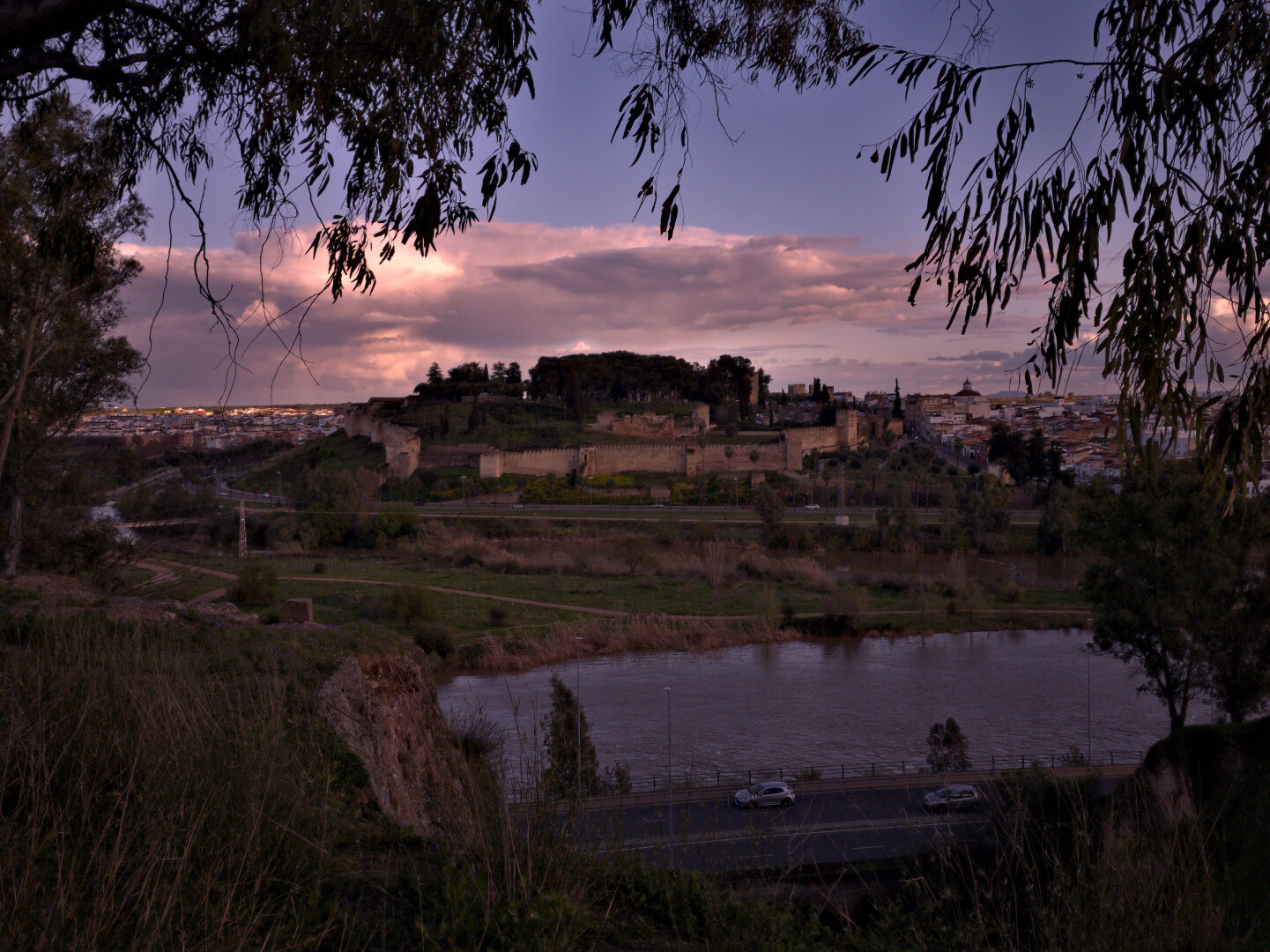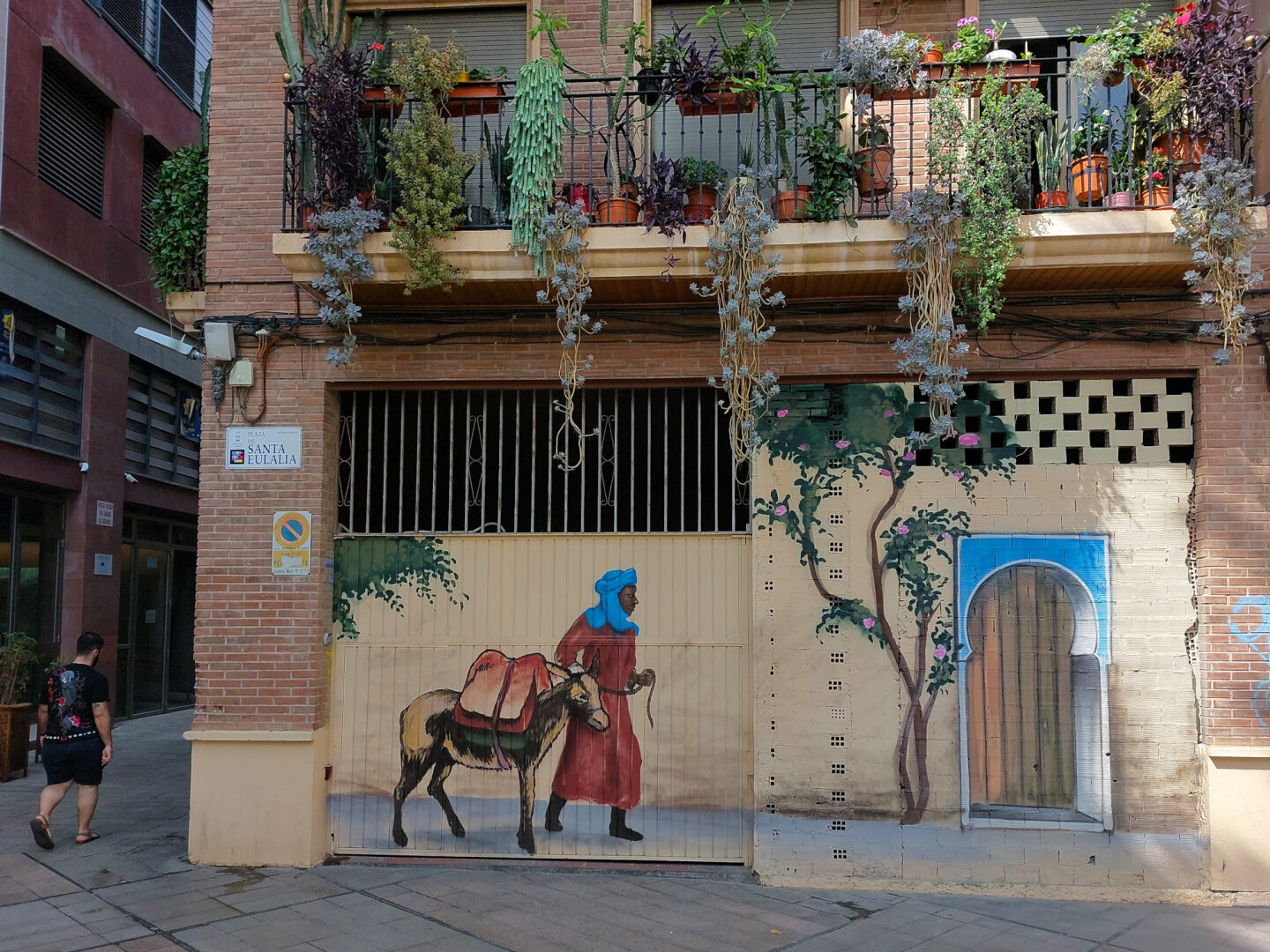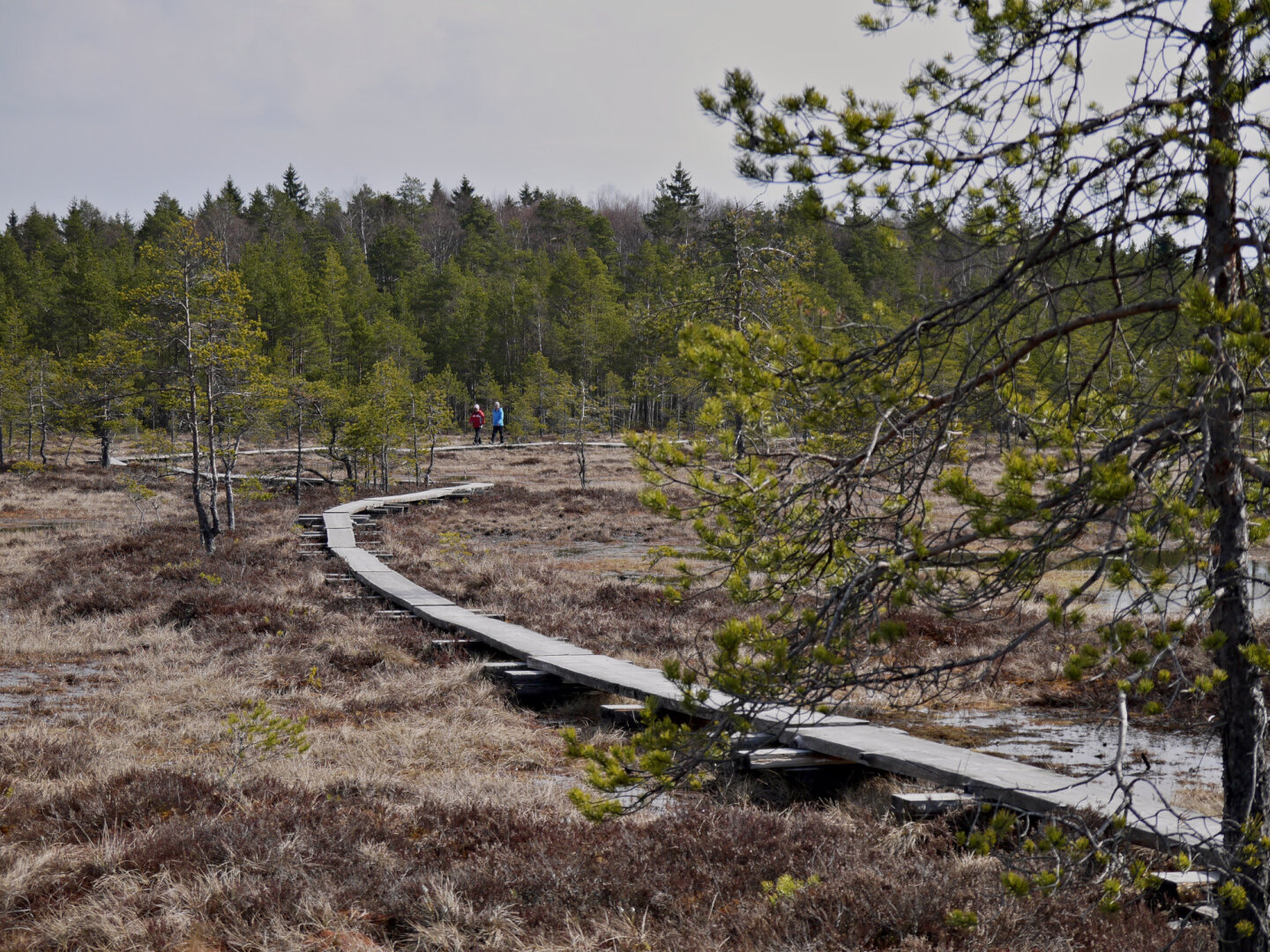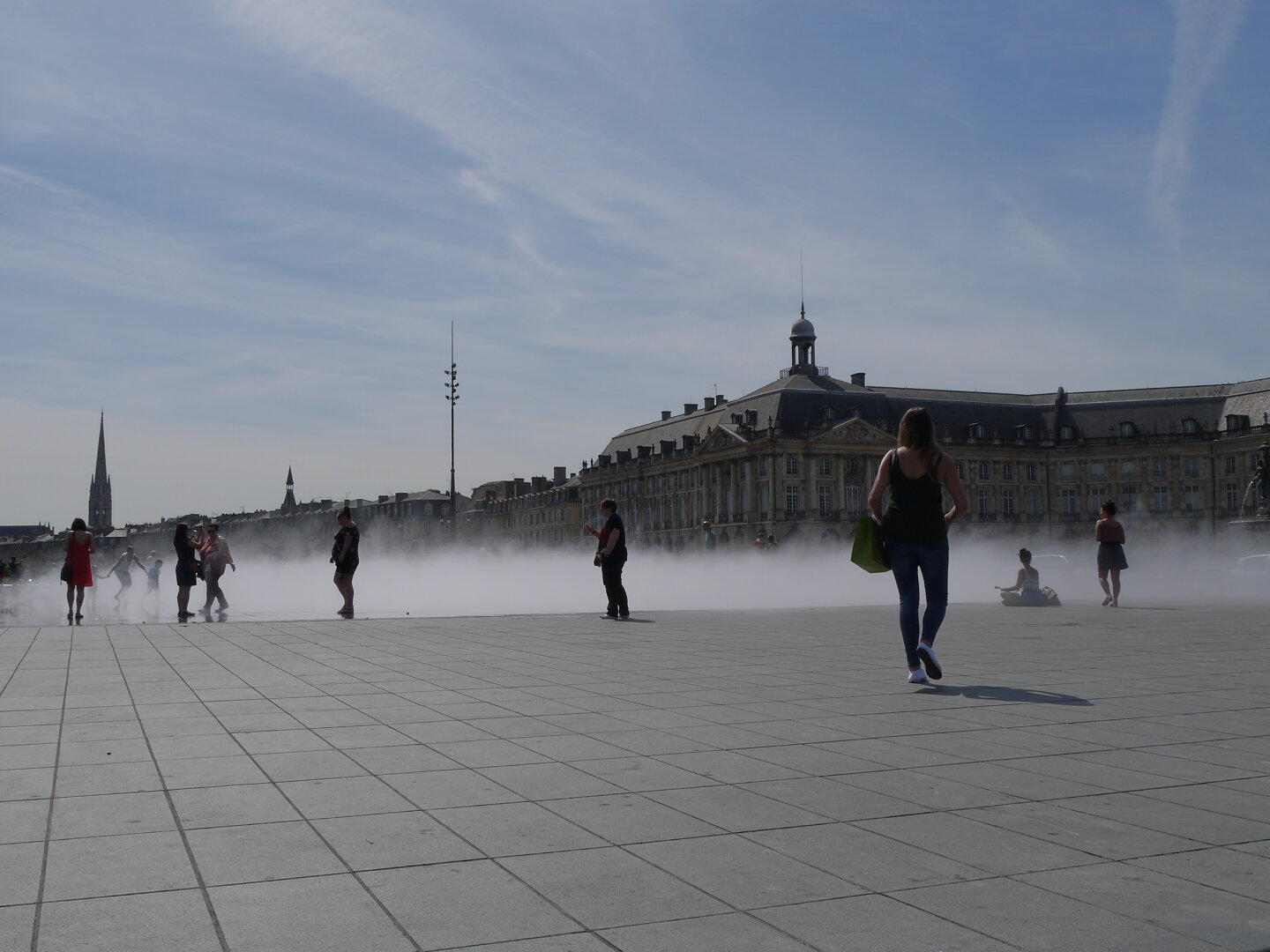2020-12-26 00:00:00
The winners and losers of the digital market regulation proposed by European Union
When European Union prepares new regulation for digital services, practically the entire world pays attention to the plans. Since 2018, EU's GDPR regulation that protects people from arbitrary personal data collection has affected laws in many countries outside Europe. In December 2020, EU Commission published two proposals that aim to protect people from badly behaving online services, misleading information (Digital Services Act, DSA), and restrict monopolistic behavior of technology giants (Digital Markets Act, DMA). Let's examine who are the winners and losers of the proposed regulation.
The key point why GDPR has had a worldwide effect is that businesses everywhere in the world must obey the law if they want to provide online services or sell products from an online store to EU citizens. The same principle applies to DSA and DMA.
This is what the Digital Markets Act, DMA, is trying to achieve:
- The DMA only targets online services that have grown so large that they have potential to control the market in monopolistic manner (gatekeeper).
- The key mission of DMA is to ensure that digital giants don't restrict competition by abusing their ability to control the market.
- People must have the right to remove apps and any software from devices they have purchased. At the moment, for instance, Android and Windows mobile devices and computers prevent removal of data collection apps created by Google and Microsoft.
- It must be possible for third party software to interact with services and software created by a gatekeeper. Apple is renowned for its closed business and technology ecosystem which it controls and applies rules as it sees fit. Especially, small businesses can't do anything but hope for the best when dealing with Apple, but the same applies to other digital giants.
- EU Commission wants to have the right investigate new practices by big businesses as well. As technology develops, large enterprises can easily develop new competition restrictions, and this is what the Commission wants to prevent.
- The sanctions for enterprises that do business with EU but don't follow the rules can be up to 10% of worldwide turnover.
The Digital Services Act, DSA, has the following goals:
- The DSA is applied to all digital services that deal with products, services, or content.
- The key mission of DSA is to protect internet users from illegal and misleading online conduct, and ensure users have rights for their online content.
- Create rules how and when service providers must remove illegal goods, services and content from their services.
- Safeguards for users whose content has been erroneously deleted from online services.
- More transparency for algorithms used by digital services that provide advertisements and recommendations for users.
- Researchers must get access to platform services at a level they can understand how the system works.
- Service providers must be able to trace sellers of illegal products and services.
The proposal has been made. Next, the EU Parliament and member countries will discuss how exactly they view the new proposal. It may take a year or more before the regulation is applied in one form or another. This is the critical period for lobbyists to conduct their work. Obviously, the richest companies also have the biggest lobbyist armies in Brussels.
Euactiv asked EU member state representatives what they think about the proposal. The general attitude is positive. States have been waiting for something like this, but some countries remind about the risk of over-regulation. EDRI, an NGO that is focused on citizens' digital rights, regards the DSA and DMA as a welcomed regulation that protects internet users. CNN has comments from powerful business lobbyists who are not happy with the EU initiative at all.
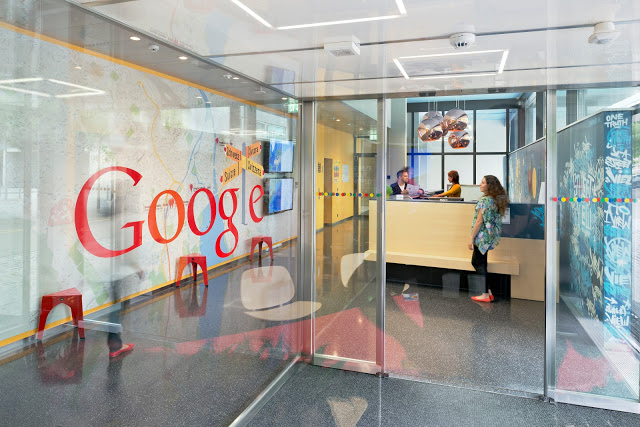
If the DMA and DSA are applied in a form that closely resembles the original proposal, the winners can be:
- Internet users. People have more rights to the content they have created on social media services. Users can't be arbitrarily blocked from their accounts. For instance, Twitter has started blocking users from their accounts without giving any reason. Post a reclamation, and perhaps you can access your account again, only to be denied again. In addition, services must take more responsibility over information published via the service to prevent misinformation and scams, making social media a safer place.
- Businesses that are trying to enter a market, and compete in a market dominated by a tech giant can benefit from DMA. When gatekeepers can't completely control the market, competition is more open.
- Officials who have more power to control illegal actions online. Laws lag behind the fast moving digital world everywhere, but they will catch up, giving authorities the tools to do their work.
Potential losers when DMA and DSA come into effect are:
- People and organizations intentionally spreading malicious information online. Free speech and fake news will always be a sensitive subject for debate, but even Facebook has admitted they have some degree of responsibility over information published on the service by users. Free speech is a cornerstone of democracy so drawing the line will continue to be difficult.
- People and organizations selling illegal products online. Criminals should be tracked and caught on the internet just like in the real world. Of course, it is more complicated online where shady businesses can market products from the other side of the world, but the internet is not a wild west anymore.
I wouldn't call the giant technology companies losers in this game. They have known for a long time the day will come when their dominant position and actions are investigated. Probably it is a coincidence that Europe and the US happened to publish their actions at the same time in December 2020, after all, preparing proposals like the DMA and DSA, or suits against Google by a number of the states in the US can take months or years.
The new digital world we have created is gradually growing up. We are accustomed to certain laws, culture and behavior of people and businesses in the real world. It seems they will eventually be applied to the internet as well.
Header image of EU Parliament in Strasbourg by Michael M.

